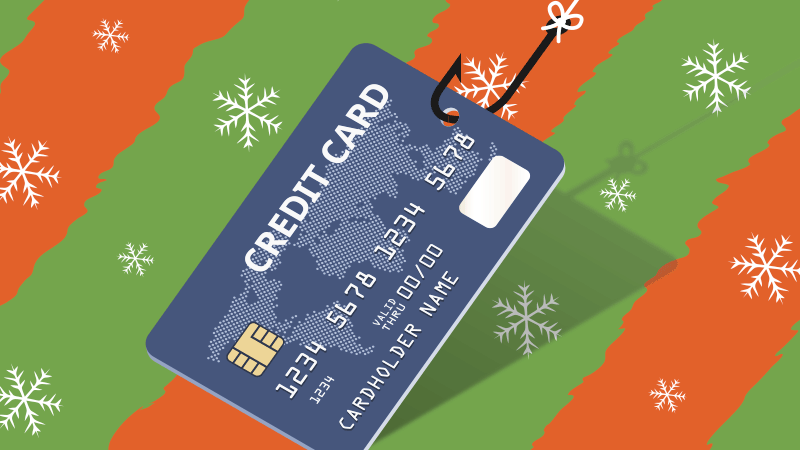Forget about fighting the crowds or battling for a parking spot—Quartz writes that this year’s Black Friday had a record number of Americans shopping on their phones. In addition, nearly one third of the $9.2 billion in online sales for Cyber Monday were made with a smartphone. That is around $1.3 billion more in mobile phone purchases than last year’s Cyber Monday.
In fact, Amazon saw the busiest, biggest Cyber Monday to date. The online retailer says that its customers bought more items around the world on that Monday than any other day in its history. With an exorbitant amount of online and mobile shopping this season, it’s crucial that shoppers be extra aware of the real-life Grinches who target online consumers. NBC writes that 97 percent of all online traffic during the holiday shopping week came from “Grinch” bots—these bots quickly fill out online forms and purchase gifts, only to resell them later at a higher price.
The Department of Homeland Security investigators have even issued a warning about online shopping scams, saying to watch out for exaggerated discounts and giveaways. With many cybercriminals out to target online consumers for credit card information and private data, it’s important to know what to look out for. Here are some of Cisco’s recommendations to avoid feeling like you just got a lump of coal.
Scam or deal?
- Pay close attention to all emails, receipts, offers and texts you get on your device.
- Attackers often trick victims into sharing logins, passwords or financial info by using phishing emails, “one-day only” promotions from recognized brands, or social media posts to advertise deals.
- Don’t be tricked by fake invoices that need immediate opening, emails about “giant savings”, fake surveys, giveaways, and contests, or alerts from credit card companies or banks warning of questionable activity.
We recommend…
- Do your research – verify the legitimacy of any organization that sends you an email or text.
- Use a password manager to help save your unique and complex passwords.
- Use dual authentication.
- Do not click on links contained within an unsolicited email.
- Navigate directly to company websites – do not click on ads.
- Do not respond to unsolicited (spam) email.
- Use credit cards, not debit.
- Do not make purchases on public or unfamiliar, unsecured Wi-Fi.
Learn more about how you can stay safe with Cisco’s network cybersecurity here, and check out Cisco’s own threat intelligence group Talos.
###
We welcome the re-use, republication, and distribution of "The Network" content. Please credit us with the following information: Used with the permission of http://thenetwork.cisco.com/.




